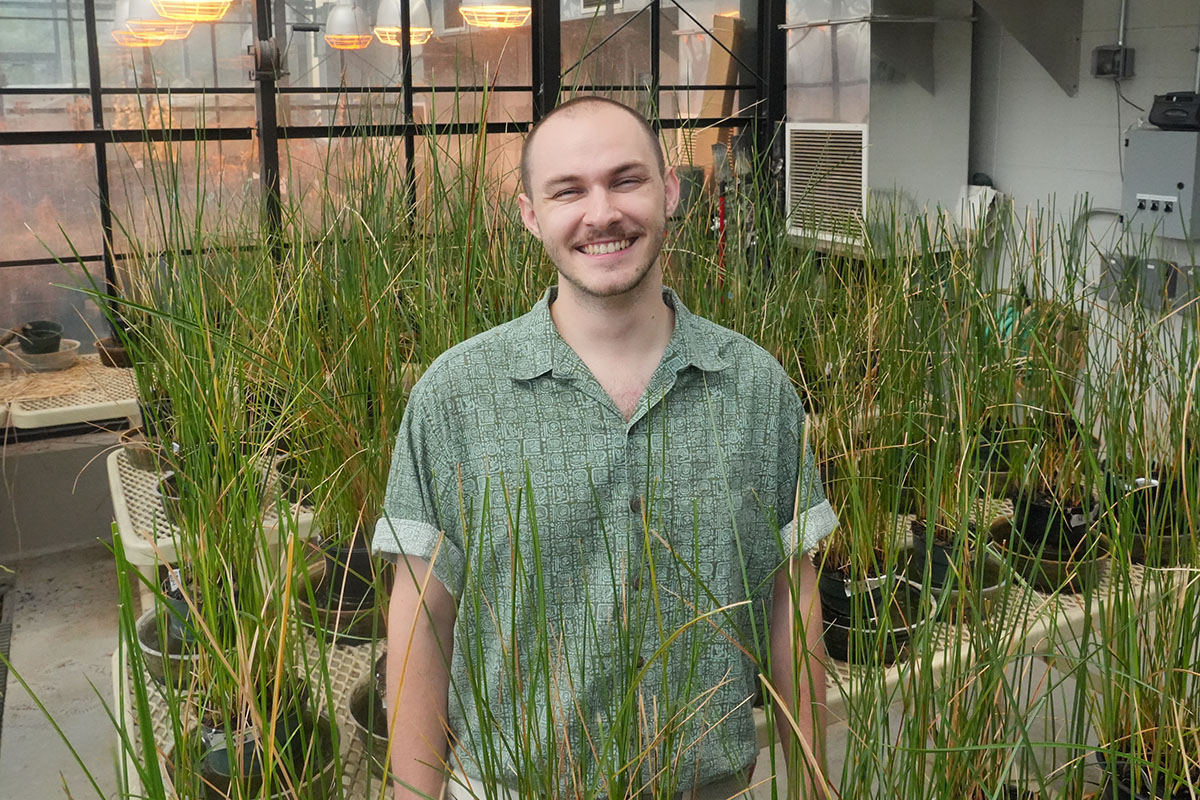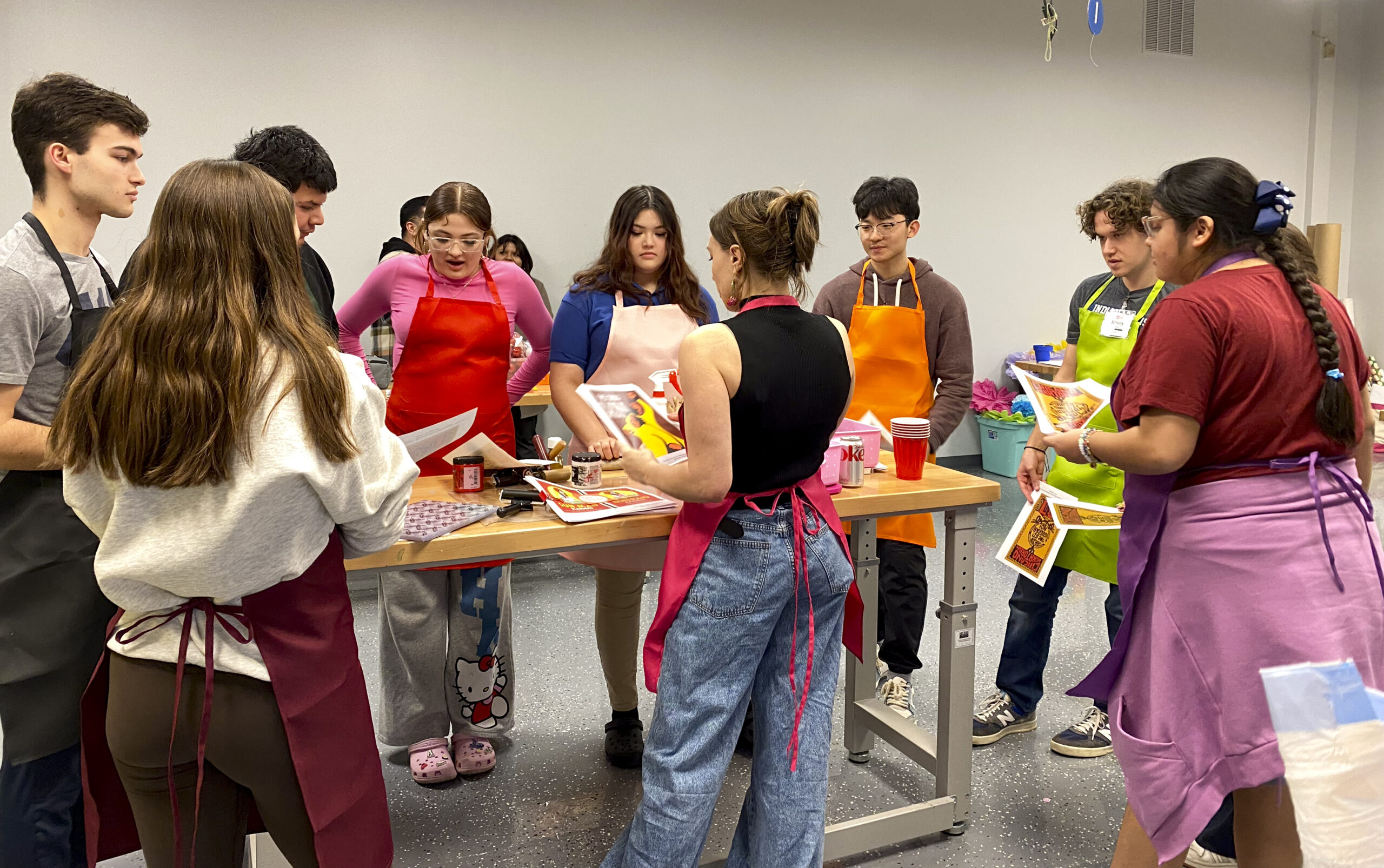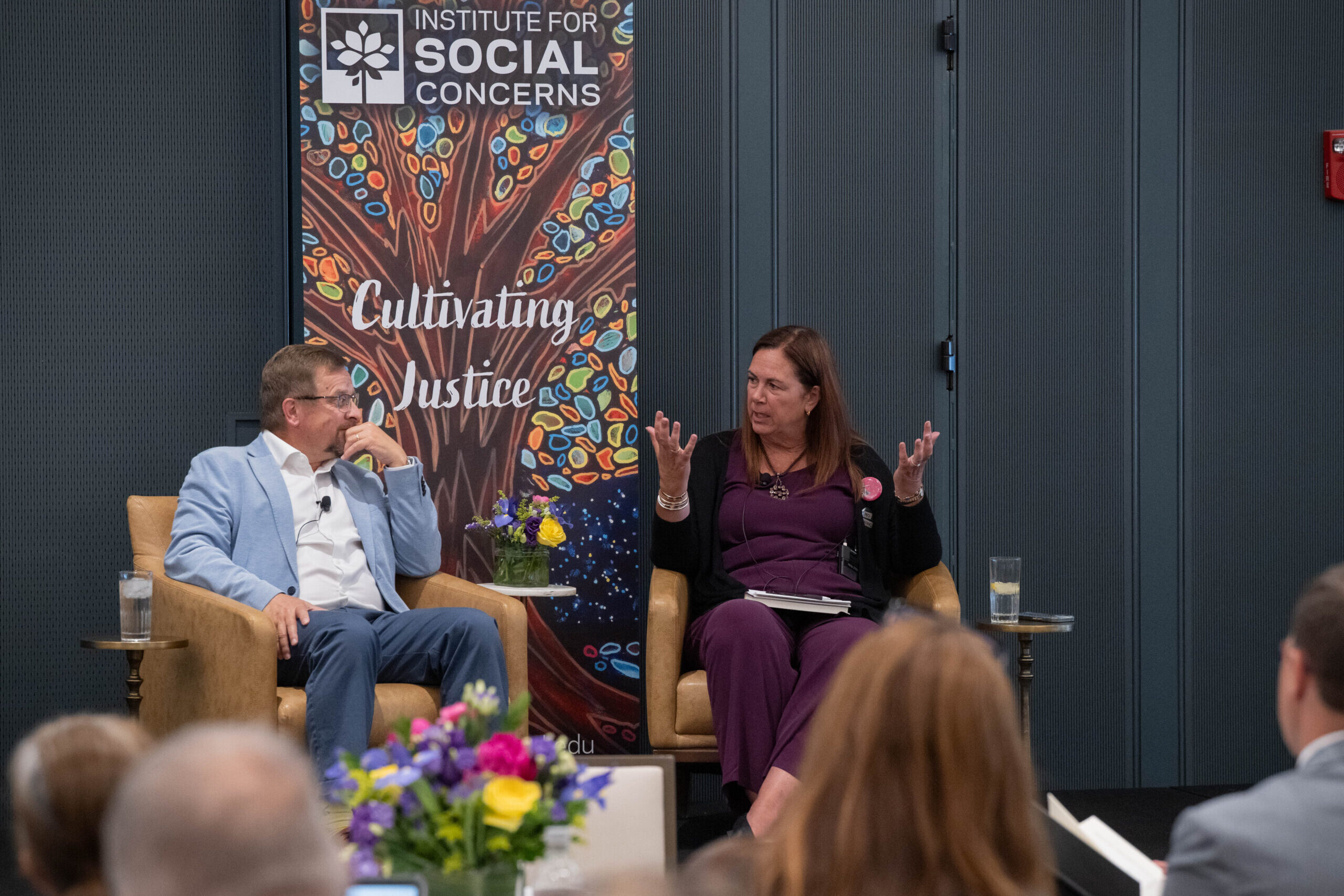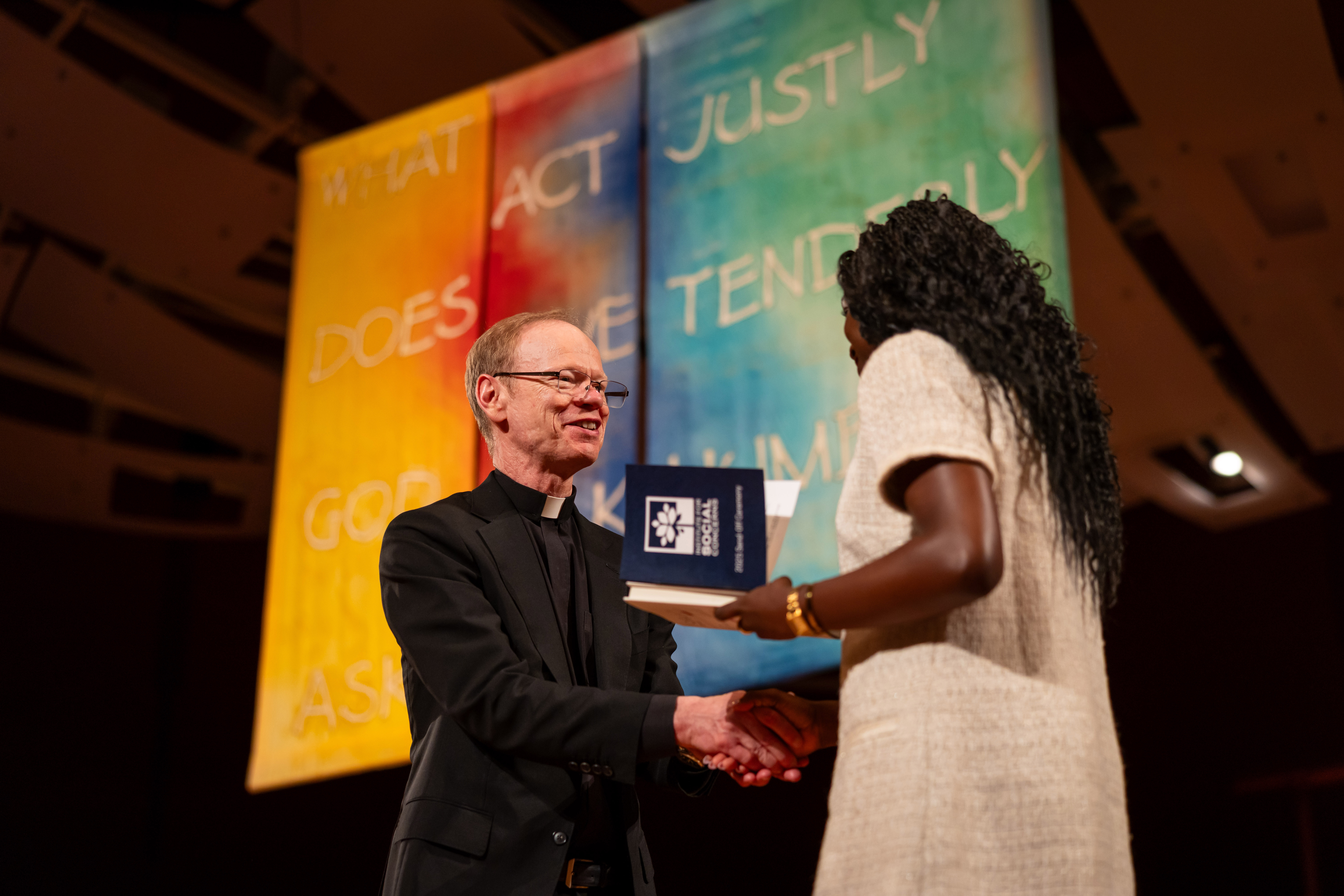ReSEARCHING for the Common Good: Nate Kroeze
September 23, 2024
As an interdisciplinary academic institute, the Institute for Social Concerns leverages research to respond to the complex demands of justice and to serve the common good. This series, ReSEARCHING for the Common Good, highlights some of the scholars in our community.

Nate Kroeze accomplished a rare feat for a biology grad student recently when he co-authored an article for a law journal.
“Adapting Conservation Governance Under Climate Change: Lessons from Indian Country” is forthcoming in the Virginia Law Review. He co-authored the paper with Jason McLachlan, associate professor of biology at Notre Dame, and two law professors from other universities.
Kroeze, an M.S. candidate, previously worked in McLachlan’s lab studying the dynamics of salt marsh ecosystems with a focus on the effects of climate change. He was a Graduate Justice Fellow at the Institute for Social Concerns during the 2023-24 academic year.
How did you get interested in the ways indigenous communities are preparing for climate change?
One of the things I wanted out of grad school was to do science in a way that affects policy and the lives of people. From that came this tribal climate adaptation planning project. I analyzed 70 or so climate-adaptation plans from tribal communities, looking at how they’re thinking about climate change and how they’re dealing with the impacts they’re feeling.
Who has inspired you along the way?
Robin Wall Kimmerer, an author, scientist, and member of the Citizen Potawatomi, is one person who inspires me. She integrates traditional, indigenous ecological knowledge with Western scientific thought, and I think that’s a really cool perspective to bring to the table.
How do you see this work advancing the common good?
More than anything, I feel like my contribution was in elevating marginalized voices. A lot of the people most affected by climate change don’t have a seat at the table, and securing that seat ensures their voices shape the decisions that affect them, moving beyond business as usual. I was really taken and impressed with how far tribal communities have come in adaptation planning. What our law review paper helps with is grounding that in an academic sense, elevating tribal members’ lived experiences and how they’re thinking about this.
What brings you joy in your work?
From the tribal work that I’ve done, I love that it’s people-oriented, that we can address really interesting ecological questions while helping people.
From the marsh research that I do, I think it’s sort of that same thing — it’s people-oriented. But also, salt marshes are these super-unique ecosystems that we’re losing extremely quickly. They protect shorelines, protect coastal communities, and they have really interesting ecological questions. Doing that work brings me joy.
Related Stories
-
Summer of Social Concerns—students engage in justice research around the globe
-
Printmaking history—the institute partners with community to celebrate South Bend’s Latino heritage
-
Forming character through friendship—Virtues & Vocations conference promotes human flourishing in professional education
-
Go be justice—Sending off graduates to work for the common good
-
ReSearching for the Common Good: O. Amandhi Mathews





